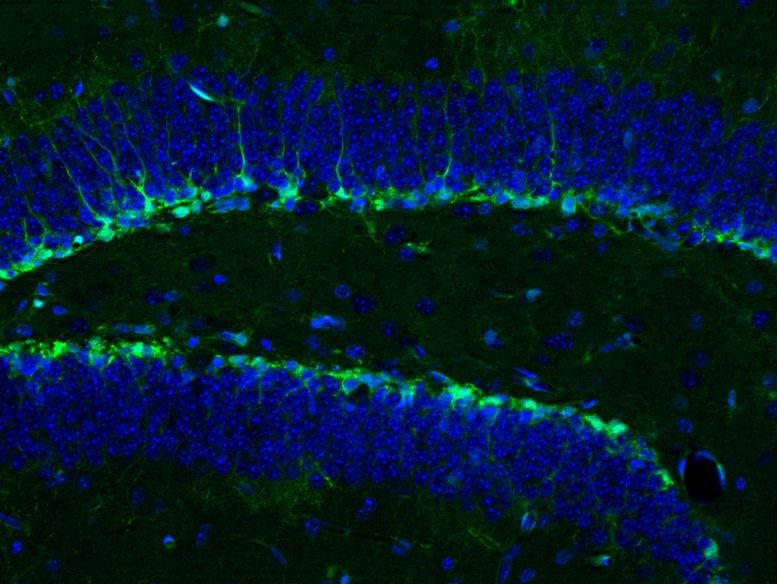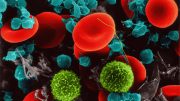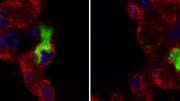
Researchers have discovered that injecting a specific blood factor can mimic the brain benefits of exercise. The study found that platelets release a protein rejuvenating neurons in elderly mice, similar to exercise effects. This protein has potential therapeutic implications, especially for those who cannot exercise. While it’s not a direct replacement for physical activity, it offers hope for countering age-related cognitive decline.
An injection of a specific blood factor can replicate exercise’s brain benefits, offering potential treatments for age-related cognitive decline.
Pre-clinical trials by University of Queensland scientists have found that an injection of a specific blood factor can replicate the benefits of exercise in the brain.
Dr. Odette Leiter and Dr. Tara Walker from UQ’s Queensland Brain Institute led a team that discovered platelets, the tiny blood cells critical for blood clotting, secrete a protein that rejuvenates neurons in aged mice in a similar way to physical exercise.
“We know exercise increases production of new neurons in the hippocampus, the part of the brain important for learning and memory, but the mechanism hasn’t been clear,” Dr. Leiter said.
“Our previous research has shown platelets are involved, but this study shows platelets are actually required for this effect in the aged mice.”

Neural stem cells in a mouse hippocampus shown in green (cell bodies shown in blue) give rise to new mature neurons. Credit: The authors
The Role of Exerkines in Brain Health
The researchers focused on exerkines, the biological compounds released into the bloodstream during exercise, which are believed to stimulate the exercise-induced response in the brain.
“We discovered that the exerkine CXCL4/Platelet factor 4 or PF4, which is released from platelets after exercise, results in regenerative and cognitive improvements when injected into aged mice,” Dr. Leiter said.
Dr. Walker said the findings have significant implications for the development of drug interventions.
“For a lot of people with health conditions, mobility issues, or of advanced age, exercise isn’t possible, so pharmacological intervention is an important area of research,” she said.
“We can now target platelets to promote neurogenesis, enhance cognition, and counteract age-related cognitive decline.”
Looking Ahead: Alzheimer’s and Human Trials
According to the research team, the next step is to test the response in Alzheimer’s diseased mice, before moving towards human trials.
“It’s important to note this is not a replacement for exercise,” Dr. Walker said.
“But it could help the very elderly or someone who has had a brain injury or stroke to improve cognition.”
The study was published on August 16 in the journal Nature Communications.
Reference: “Platelet-derived exerkine CXCL4/platelet factor 4 rejuvenates hippocampal neurogenesis and restores cognitive function in aged mice” by Odette Leiter, David Brici, Stephen J. Fletcher, Xuan Ling Hilary Yong, Jocelyn Widagdo, Nicholas Matigian, Adam B. Schroer, Gregor Bieri, Daniel G. Blackmore, Perry F. Bartlett, Victor Anggono, Saul A. Villeda and Tara L. Walker, 16 August 2023, Nature Communications.
DOI: 10.1038/s41467-023-39873-9









Use it or lose it.
Leave it to nerds to figure out a way to not do PE
I was reading about PF4 protein, GDF11 protein, Exercise and Calorie Restriction etc. But, working with mammals takes years. Eventhough eggs hatch into young birds, manipulation is easiest. Why not inject small amount of the proteins into 10 Eggs of 10 different Bird species and check for changes. Unfortunately, we may not be working on Anti-Aging aspect here. But, they should have some interesting changes, I presume.